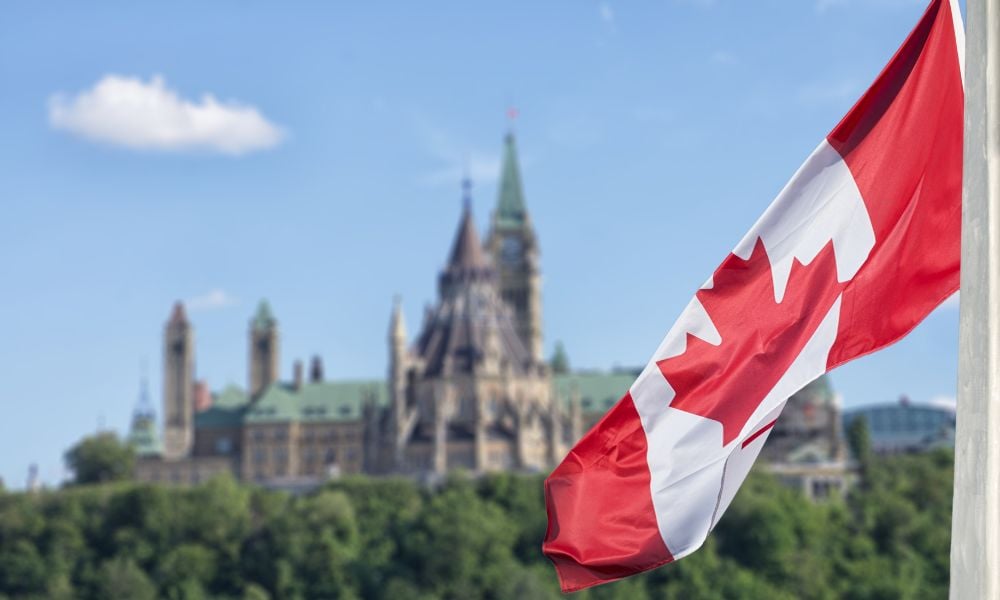Leaders back project fast-tracking, call for trade fixes, Arctic investments, and energy expansion

Canada’s premiers and Prime Minister Mark Carney agreed to fast-track approvals for major national projects under a new federal plan that would cut review timelines to two years, as reported by the National Post.
According to Carney, legislation to establish a new federal projects office will be tabled by Canada Day to deliver on this commitment and begin building “very quickly.”
As per the Prime Minister’s website, First Ministers agreed on criteria for projects of national interest, including strengthening Canada’s autonomy, resilience, and security; offering undeniable economic benefits; demonstrating high execution potential; receiving Indigenous leadership support; and contributing to clean growth through sustainable technologies.
The National Post reports that the new framework will prioritise nation-building infrastructure such as highways, ports, pipelines, railways, clean and conventional energy, and transmission systems.
While no final list of projects was released, Carney cited potential examples such as the Port of Churchill, the Ring of Fire, and the Northwest Coast oil pipeline.
The premiers committed to implementing a “one project, one review” model and eliminating duplication, as reported by the Prime Minister’s website.
They pledged to improve permitting efficiency and co-ordination across jurisdictions while respecting federal, provincial, and territorial roles.
Premiers also endorsed Indigenous equity and participation to ensure generational economic opportunities and fulfil the Crown’s duty to consult.
Alberta Premier Danielle Smith called for a bitumen pipeline to British Columbia’s coast to be included in the initial fast-track list, warning that failure to do so would “send an unwelcome signal to Albertans” about Ottawa’s commitment to national unity.
According to the National Post, Carney responded that “it’s not a decision we have to make today” but acknowledged there is a market opportunity in Asia.
Smith said a clear and timely review process would encourage private proponents to step forward.
British Columbia’s Deputy Premier Niki Sharma noted there was “differences of opinion” and said no company is currently proposing such a pipeline. She added that BC would rather support “shovel-ready” projects.
In the Prime Minister’s website, First Ministers also agreed to urgently expand access to domestic and international markets for Canadian resources such as critical minerals and decarbonized oil and gas, backed by private sector investment.
They committed to building cleaner, more affordable electricity systems to help Canada reach net-zero emissions by 2050.
Investments in Arctic and Northern infrastructure also featured prominently.
First Ministers discussed projects that would meet Arctic sovereignty and security goals, enhance local communities, and unlock Northern economic potential.
Yukon Premier Ranj Pillai acknowledged Carney’s emphasis on Arctic security, reported the National Post.
To boost internal trade, the premiers endorsed removing trade barriers and enabling mutual recognition of goods and credentials across provinces.
They instructed the Committee on Internal Trade to finalise a Mutual Recognition Agreement by December 2025 and agreed to a 30-day service standard for pan-Canadian credential recognition.
Transport ministers were directed to expand the trucking pilot.
The First Ministers also discussed Canada’s trade relationships with China and the United States.
They emphasized, according to the Prime Minister’s website, the importance of removing unjustified US tariffs, such as those on softwood lumber, and improving trade engagement with China to lift agricultural and seafood tariffs.
They also supported efforts to diversify export markets.
On public safety, First Ministers expressed concern over the toxic illegal drug supply and pledged to dismantle the illicit trade, including fentanyl.
They called for urgent bail and sentencing reforms, a review of risk assessments, and a federal-provincial-territorial action plan to be brought forward by Attorneys General and Ministers of Justice and Public Safety.
The meeting, held in Saskatoon, marked the first First Ministers’ Meeting in Saskatchewan in over 40 years.
According to the National Post, Ontario Premier Doug Ford said, “This has been the best meeting we’ve had in 10 years,” while joking that Carney was like “Santa Claus” delivering promises.
Manitoba Premier Wab Kinew and Ford exchanged laughs over the notion of building a port and mining critical minerals at the North Pole.
According to the Prime Minister’s website, the meeting concluded with a commitment from all leaders to meet regularly and continue addressing shared national priorities to bolster Canada’s economic resilience and security.



